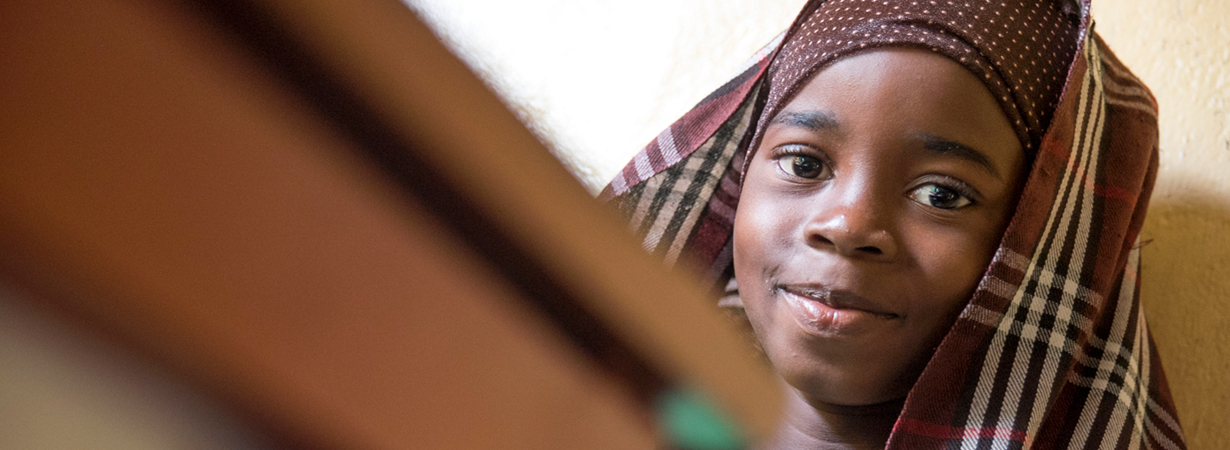
The Northern Education Initiative Plus addresses key gender gaps throughout its activities. The project works with state governments to build accountability and establish a culture of gender-inclusiveness.
The Initiative supports Bauchi and Sokoto states to develop and implement policies that address gender-based violence. The project engages with all relevant agencies, along with their state counterparts to agree on needed areas of policy reform, and propose supportive policies that are conflict and gender sensitive for government approval.
As appropriate, all data collected by the Initiative is gender-disaggregated and all reports reflect gender-sensitive analysis that can inform policy and program decisions.
Promoting gender-inclusivity
The project reviews curriculum and teaching materials to assess gender dynamics and ensures teacher training and content are gender-sensitive. Existing materials are evaluated to determine their effectiveness for building phonics skills and fluency, gender and conflict sensitivity.
The Initiative’s team is working with Local Government Education Authorities, State Universal Basic Education Boards, State Agencies for Mass Education, and State Ministries of Education to review and develop systems that ensure safety of girls in schools.
The project provides integrated support for girls and boys, and the marginalized. Assessments at the family, school, community, and policy levels collect and analyze data disaggregated by sex, age, disability, income, ethnicity, language, and area.
Considerations on gender and inclusiveness for all—especially girls and also for marginalized groups including the disabled, ethnic and religious minorities, and Orphans and Vulnerable Children- is an integral part of our assistance to strengthening Government of Nigeria systems for planning, implementation, and monitoring and evaluation.
Giving women a voice
The Initiative supports Civil Society Organizations to identify women groups to serve as community partners in improving access for girls. Working together with these organizations, the project is developing procedures to ensure that positive role models exist for girls and boys, identify constraints that drive gender disparity, building capacity to advocate on gender issues and developing outreach plans to promote girl-child education.
Our support includes a plan to establish and maintain child-friendly learning spaces, with protocols for schools and Non-Formal Learning Centers to follow to avoid gender-based violence.
Adolescent Girls Learning Centers are established in communities to provide literacy, numeracy and vocational skills. The objective is to equip adolescent girls with critical life skills and health competencies. Skills acquired in these centers will lead to self-employment and income generation.

